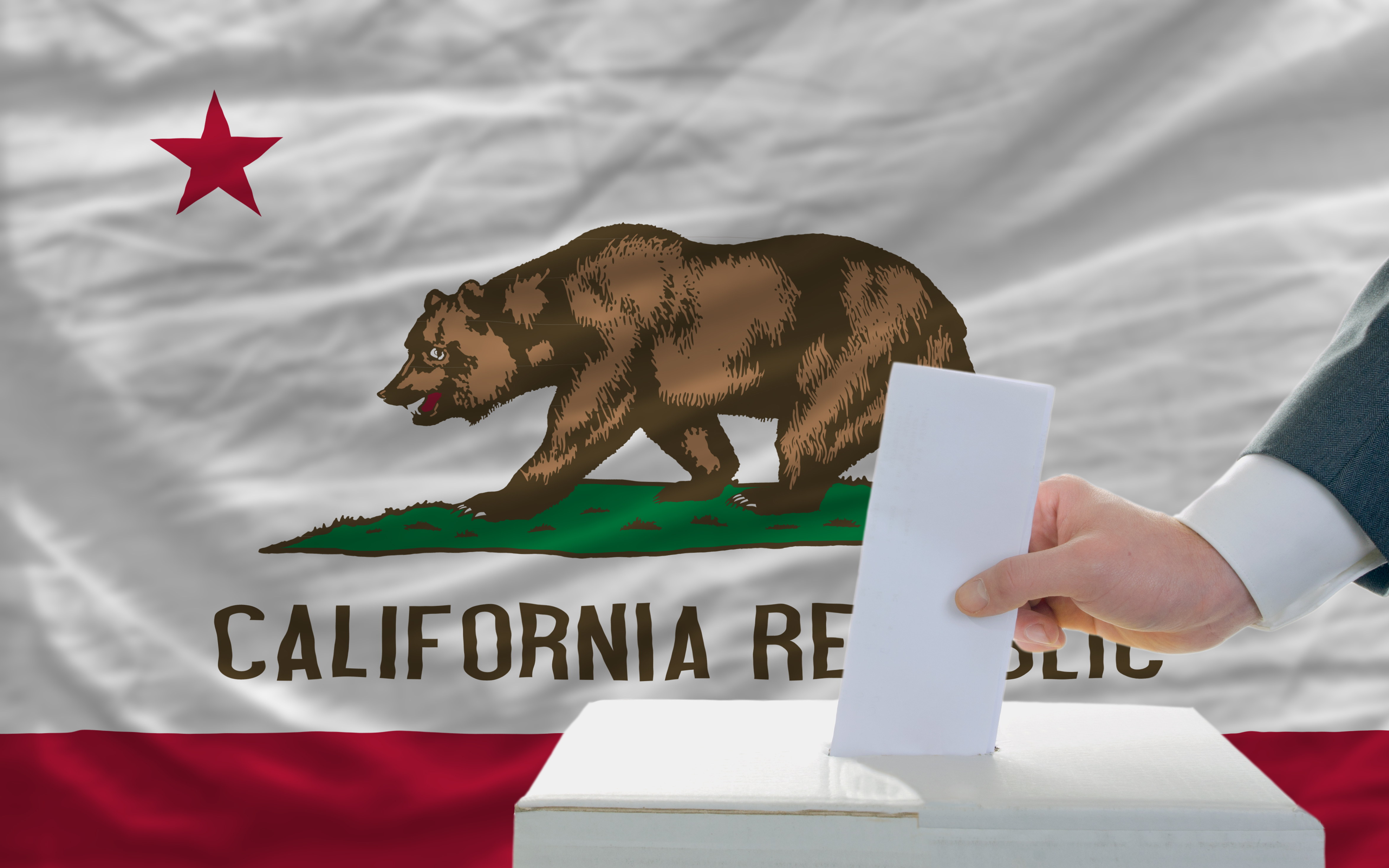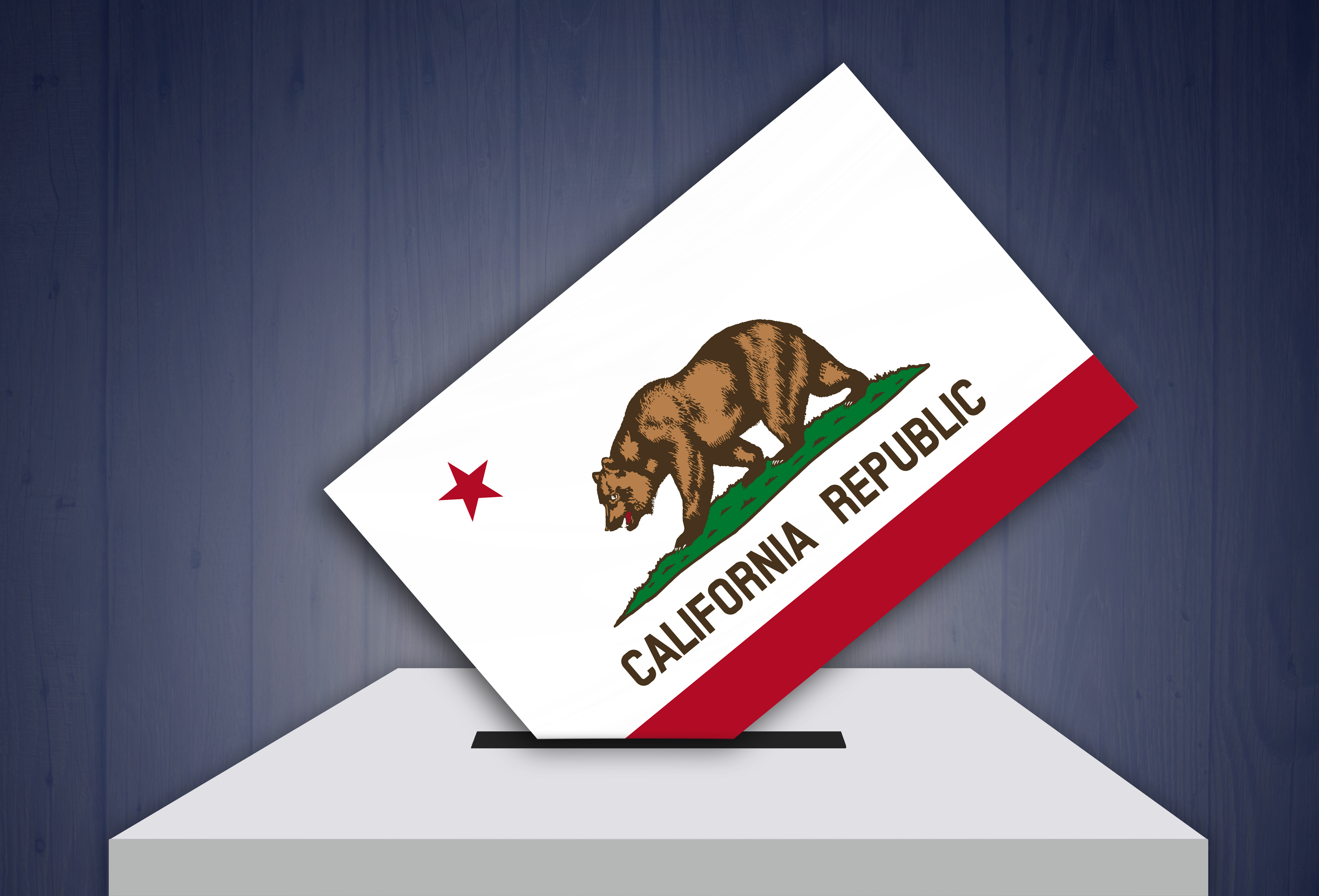Opponents of a statewide ballot measure backed by Gov. Gavin Newsom as a key step to tackle California's homeless crisis conceded that the proposition is likely to pass.
Voters who cast ballots in the March 5 California Primary election still appear almost evenly split on Prop 1, according to updated vote count results available more than a week after the election. But Californians Against Prop 1 issued a statement this week saying the measure they opposed is likely to pass by a narrow margin.
"We almost took down the bear, but it looks like we will fall short," the group said in its statement Tuesday. "Today, as the principal opponents of Proposition 1, we concede that it is almost certain to pass."
Get top local stories in Southern California delivered to you every morning. Sign up for NBC LA's News Headlines newsletter.
As of Thursday morning, "Yes" votes were at 3,357,987 and "No" votes were at 3,333,761.
Days- and sometimes weeks-long waits for election results are not unusual in California, where state law gives county elections offices a large window in which to conduct comprehensive tallies. Every California voter receives a vote-by-mail ballot, and ballots postmarked by Election Day can arrive within seven days and still be valid.
About California ballot Proposition 1
Proposition 1 would be the first major update to the state’s mental health system in 20 years. The measure needs a simple majority vote to pass.
Newsom spent significant time and money campaigning on the measure's behalf, raising more than $13 million to promote it with the support of law enforcement, first responders, hospitals and mayors of major cities. Opponents raised just $1,000.
"We know that many people who voted ‘yes’ on Prop. 1 thought they were doing a good thing," Californians Against Prop 1 said. "Before the vote, we found it easy to show people how Prop. 1 would actually hurt people, and that changed votes.
"But you have to talk to millions of people in California to influence an election. Our grassroots campaign was hard-pressed to compete with $20 million on the ‘yes’ side, a campaign so overconfident and overstuffed with cash that they ran a Super Bowl ad."
The Democratic governor claimed the proposition is needed to address the state’s homelessness crisis by boosting investments in housing and substance use programs, but social providers worry it would threaten programs that are keeping people from becoming homeless in the first place.
The measure would restrict how counties use money from a voter-approved tax enacted in 2004 on millionaires that currently is earmarked for mental health services under broad guidelines. Revenue from the tax, now between $2 billion and $3 billion a year, provides about one-third of the state’s total mental health budget.
Counties would be required to spend about two-thirds of those funds on housing and programs for homeless people with serious mental illnesses or substance abuse problems.
Newsom wants to give the state more control over how that money is spent, but critics say it would apply one formula to all counties regardless of the size of the local homeless population and could pit programs for children against those for homeless people.
Proposition 1 also would authorize the state to borrow $6.38 billion to build 4,350 housing units, half of which would be reserved for veterans, and add 6,800 mental health and addiction treatment beds.
Homelessness has become one of the most frustrating issues in California and one sure to dog Newsom should he ever mount a national campaign. The state accounts for nearly a third of the homeless population in the United States; roughly 181,000 Californians are in need of housing. The state, with a current inventory of 5,500 beds, needs some 8,000 more units to treat mental health and addiction issues.
Newsom’s administration already has spent at least $22 billion on various programs to address the crisis, including $3.5 billion to convert rundown motels into homeless housing. California is also giving out $2 billion in grants to build more treatment facilities.
The proposition is touted as the final piece in Newsom's plan to reform California’s mental health system. He has already pushed for laws that make it easier to force people with behavioral health issues into treatment.



